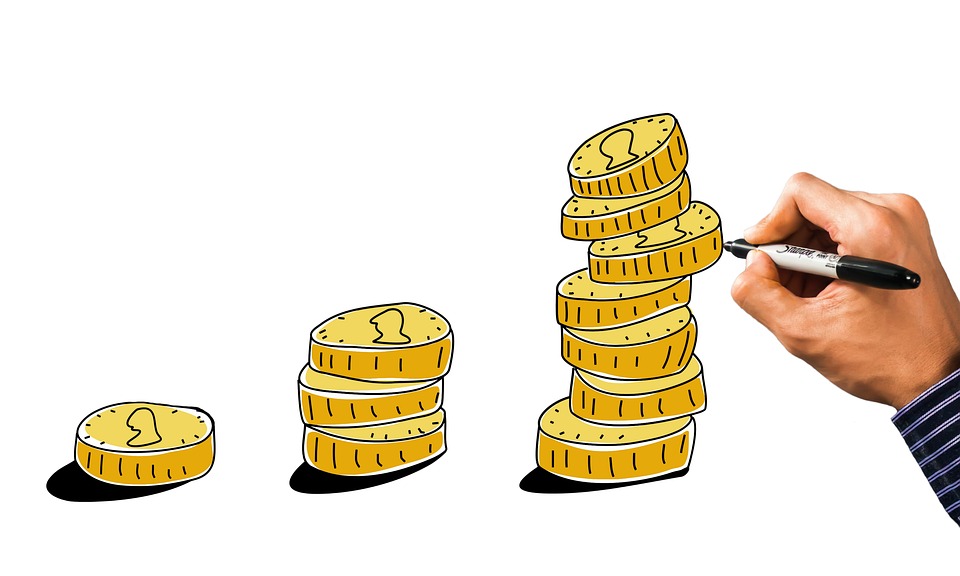Understanding Debt Consolidation
Debt consolidation is a financial strategy that involves taking out a single loan to pay off multiple debts. This approach can simplify your monthly payments, reduce your interest rates, and ultimately help you manage your debt more effectively. By consolidating your debts, you not only streamline the repayment process but also have the potential to improve your credit score over time.
The Role of Personal Loans in Debt Consolidation
A personal loan is an unsecured loan that can be used for various purposes, including debt consolidation. Since personal loans often come with lower interest rates than credit cards, they can be an effective tool for consolidating high-interest debt. By using a personal loan to consolidate your debts, you can combine multiple payments into one fixed monthly payment, which is typically more manageable and predictable.
Steps to Consolidate Debt with a Personal Loan
1. Assess Your Current Debt Situation
Before applying for a personal loan, take stock of your existing debts. List out all of your outstanding balances, including credit card debt, medical bills, and any other loans. Note the interest rates, minimum monthly payments, and total amounts owed. This will give you a clear understanding of your financial situation and help you determine the loan amount you need.
2. Research and Compare Lenders
Not all personal loans are created equal. Shop around and compare offers from various lenders, including banks, credit unions, and online lenders. Pay attention to interest rates, fees, and repayment terms. Look for a loan with a lower interest rate than your current debts to ensure that consolidating will save you money in the long run.
3. Calculate Potential Savings
Use an online loan calculator to estimate your potential savings. Input the loan amount, interest rate, and repayment term to see how much you could save compared to your current debt payments. This will help you decide if a personal loan is the right option for you.
4. Apply for the Personal Loan
Once you’ve selected a lender, it’s time to apply for the loan. Be prepared to provide personal and financial information, including your income, employment history, and credit score. A good credit score can help you secure a lower interest rate, so consider improving your credit before applying if necessary.
5. Use the Loan to Pay Off Existing Debts
After receiving the loan funds, use them to pay off your high-interest debts. Ensure that all accounts are settled and request a confirmation of payment for your records. This step is crucial to avoid any future confusion or potential credit score impact.
6. Focus on Repaying the Personal Loan
Now that your debts are consolidated, concentrate on repaying your personal loan. Set up automatic payments to avoid missing deadlines and incurring late fees. By consistently making on-time payments, you demonstrate financial responsibility, which can positively impact your credit score.
How Debt Consolidation Can Improve Your Credit Score
Debt consolidation can have several positive effects on your credit score:
– **Lower Credit Utilization Ratio**: By paying off credit card balances with a personal loan, you reduce your credit utilization ratio, which is a significant factor in your credit score.
– **Simplified Payments**: With only one monthly payment to manage, you’re less likely to miss payments, helping to maintain a positive payment history.
– **Potential for Lower Interest Rates**: By securing a lower interest rate, more of your payment goes toward the principal balance, allowing you to pay off debt faster.
While debt consolidation can be a powerful tool for improving your credit score, it’s important to use it wisely. Avoid accumulating additional debt during the repayment period, and focus on building a solid financial foundation for the future.


